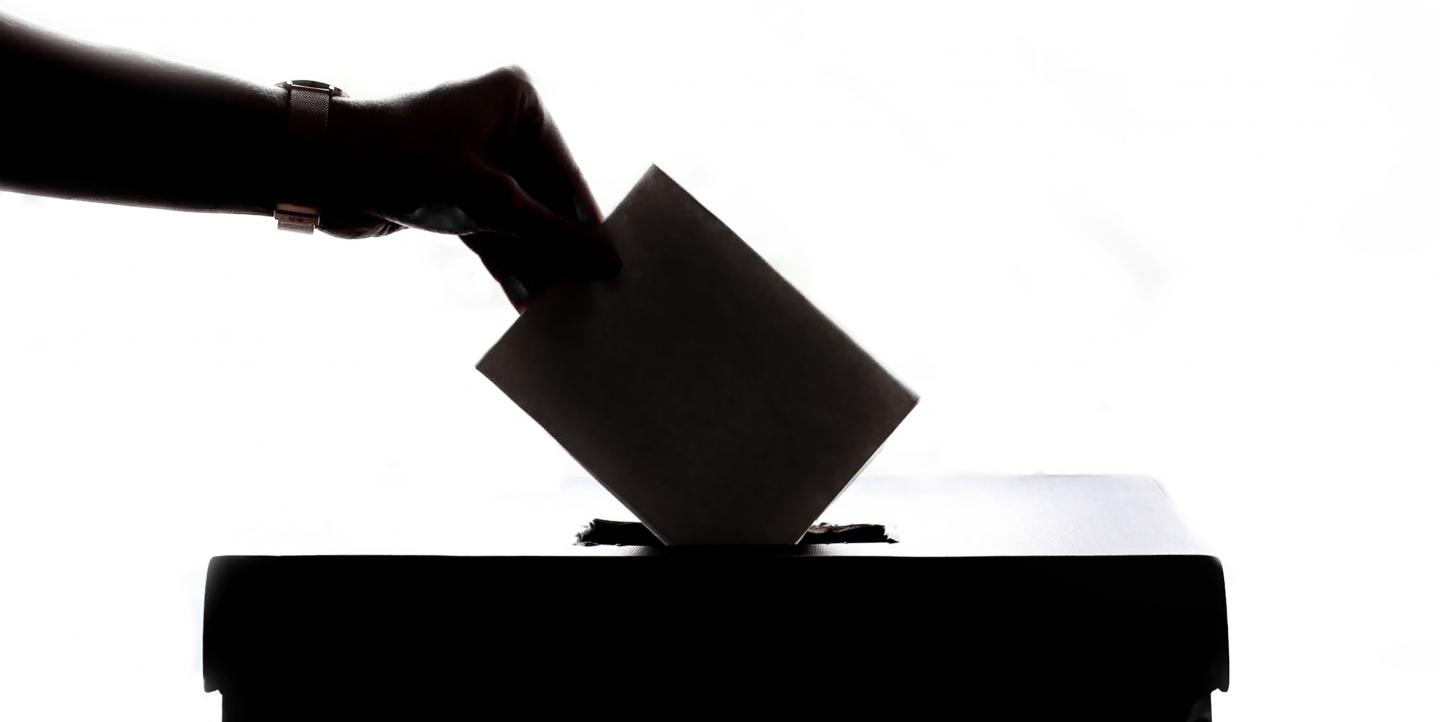In the buildup to the 2019 elections in Nigeria, CrossCheck Nigeria, a collaborative project by Nigerian newsrooms, was formed to fact-check mis- and disinformation that could affect the polls. Soon after the election, many of the media partners returned to business as usual, casting doubt over fact-checking as a mainstream practice in the Nigerian media industry.
Of the hundreds of independent media organizations operating in Nigeria, only two — Africa Check and Dubawa — operate as full-fledged fact-checking organizations. Both organizations are signatories to the International Fact-Checking Networks’s code of principles and partners of the Facebook fact-checking project.
None of the widely read Nigerian newspapers, namely The Punch, The Guardian, Daily Trust, The Nation and This Day, have designated fact-checking desks embedded into their newsrooms, and there is little improvement amongst online publications.
Sustained fact-checking, however, is a mechanism for building public trust. Why don’t more news organizations and journalists support regular fact-checking work?
Challenges accessing data
Although Nigeria passed the Freedom of Information (FOI) act in 2011, public institutions still deny access to data. This hinders the work of many fact-checking reporters as they end up stuck, owing to a lack of verifiable data.
Justina Asishana, a 2019 Dubawa fact-checking fellow, said she is not able to do as many fact-checking reports as she would like, due to a lack of reliable data.
“Many times I spot [suspicious] claims, but there’s no data to fact-check them. Most of these data sources are outdated,” she said. “The only basic source is the National Bureau of Statistics, which sometimes falls short of providing updated data sets.”
Perception and awareness
Many journalists who attend fact-checking trainings commit to producing regular fact-checking reports, but ultimately drop the ball, said Akintunde Babatunde, a program manager with the Premium Times Centre for Investigative Journalism who has facilitated verification training programs.
“Most journalists will tell you that they have beats they monitor so they don’t have the time to do fact-checking reports, since verification takes time,” said Babatunde.
Many newsrooms de-emphasize fact-checking, favoring a culture that prioritizes daily news reporting.
Shifting narratives
To foster more support for fact-checking initiatives, Allwell Okpi, community manager for Africa Check in Nigeria, suggested that Nigerian journalists first address capacity issues by training more journalists. In the meantime, organizations and journalists should engage managers of media organizations, promoting full-time fact-checkers in their newsrooms.
Africa Check, for example, is engaging policymakers and the general public to show the value of sustained fact-checking efforts.
Individual journalists can also reframe fact-checking, as something that will not take them away from their beats, but a practice that will actually make their regular reporting stronger.
“When you fact-check an issue, it expands your knowledge base on a particular subject matter,” Babatunde said. “I think journalists should look at fact-checking as something to make their work more sensible.”
Hannah Ajakaiye is an ICFJ TruthBuzz Fellow in Nigeria. Learn more about her work here.
Main image CC-licensed by Unsplash via Element5 Digital.


